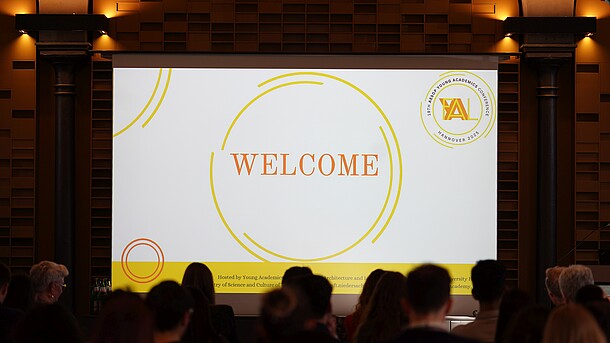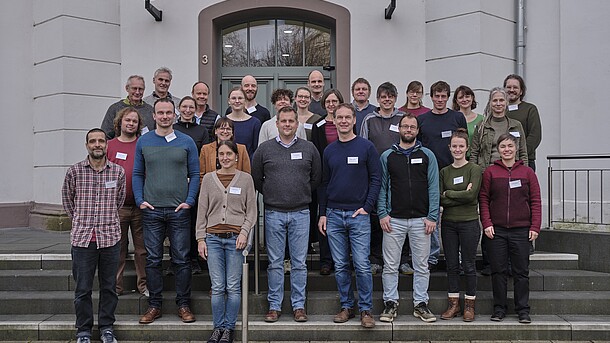Topic
The management of natural resources and recreational activities in protected areas requires complex strategies and is an important issue for landscape and environmental planners worldwide. The areas concerned range from large, pristine wilderness areas to public park-like structures in urban areas. Conflicts are common wherever different land use activities occur in the same area. In order to successfully address these issues, planners need to acquire a profound knowledge of ecological and sociological methodological skills and the ability to work in multi- and interdisciplinary environments.
Course Objectives, Structure and Methods
The objective of the course is to help students develop an understanding for the complexity of protected area management and for other disciplines than their own required to develop solutions for the most immanent challenges in this field. For the involved lecturers, the objective is to develop and enhance teaching methods in an European (and transatlantic) context and to disseminate and publish the findings from the course.
Students will be introduced to the subjects covered in the IP during an international seminar with lecturers from all involved institutions held at Leibniz Universität Hannover, followed by a five-day field seminar in Harz National Park where they work on actual planning case studies. The objective is to gather and analyse empirical and ecological data to be used for drafting a master plan for the study area selected upon return to Hannover. Topics covered in the plan are habitat management, wildlife conservation, recreational and visitor planning, including environmental education.
Methods addressed and applied during the programme include ecological (e.g. habitat and species mapping and monitoring), geographical/digital (e.g. application of GIS, computer-based simulation) and sociological (e.g. visitor counts and surveys, conflict management) techniques and skills. Scientists and practitioners from all relevant disciplines will contribute to the course, including transatlantic input from a U.S. university (which is a partner, but not funded through the IP).
Innovative Learning Environment
The IP will provide students with a unique learning opportunity within this field of study. Embedded in an international context, the combination of classroom seminars and field studies in small working groups on site in a national park will give students the opportunity to enhance their knowledge about protected area management and the acquire methods that are required for both scientific and professional work later on in their career. Additionally, students will be accommodated together, ensuring a high level of group activities, coupled with cultural exchange and the improvement of their English language skills.
Target Group
- 24 European from the four participating universities (Universität für Bodenkultur, Wien (AT); Wageningen Universiteit and Research Centrum (NL); Mendelova Zemedelská a Lesnická Univerzita v Brno (CZ) and Leibniz Universität Hannover) plus six students from West Virginia University (Morgantown, West Virginia, USA) in their undergraduate year (bachelor studies) or their first year in a master programme,
- lecturers from the participating universities,
- complemented by practitioners from the U.S. side and Harz National Park administration to ensure correspondence to planning practice.
Expected results
- development of a joint learning platform with teaching materials on the topic of natural resource management and recreational planning in protected areas throughout Europe,
- publications in international journals; presentations on international conferences,
- improvement of teaching methods based on the influence of European and transatlantic exchanges, - exemplary integrated management plan for the study area,
- contribution to the advancement of protected area management in Europe.





